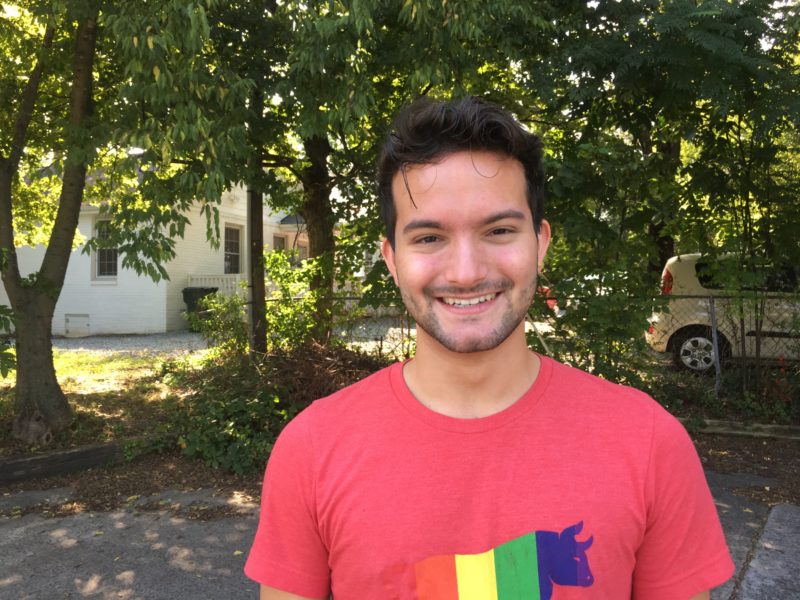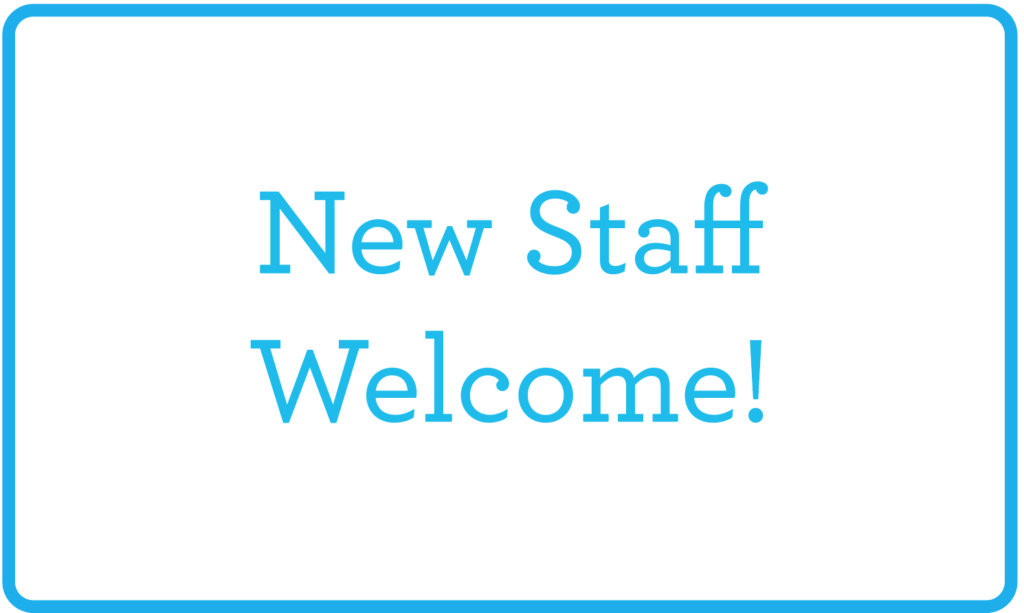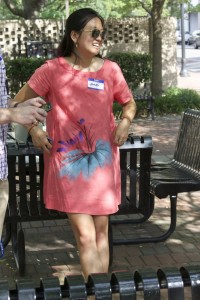
JV Alencar: CEF Workforce & Finances Specialist
The oppressive structures that exist here in Durham and in this country are always transforming and creating bigger barriers. I believe that long-lasting change happens through radical human connections like those at the core of CEF, and networks of support can be sources of fuel for us as we navigate through everyday challenges. We need energy, love, and encouragement, and we can gain those from positive interactions with our community.
How did you get involved with CEF?
I initially got involved with CEF my freshman semester at Duke in 2013 at the recommendation of upperclassmen who were involved with student leadership. At the time, I was looking for a way to engage with the local Durham community in which I would be living for the next four years. Over the years, I have grown to cherish this group of passionate folks who are so committed to building financial independence. When I found out about this opportunity to continue with CEF after graduation through AmeriCorps Vista, I knew I had to apply!
Why is connecting with people important?
The oppressive structures that exist here in Durham and in this country are always transforming and creating bigger barriers. I believe that long-lasting change happens through radical human connections like those at the core of CEF, and networks of support can be sources of fuel for us as we navigate through everyday challenges. We need energy, love, and encouragement, and we can gain those from positive interactions with our community.
Tell us about your background
I was born in Recife, Brazil, but I have spent the majority of my life in Columbia, South Carolina. I graduated from Duke University in May 2017 with a degree in Economics and Global Health with a focus on sustainable community development both domestically and internationally. In college, I worked in projects focusing on topics like access to education and affirmative actions in poor neighborhoods in Rio de Janeiro, innovative methods to increase human resource capacity in the hospitals of rural Ghana, and the historic preservation of communities of color living in the coast of the Carolinas. I was an advocate with CEF concurrently with my studies, and my time here has definitely influenced my pursuits.
What inspires you?
I like looking to art and music when I need to be reenergized. Whenever I see a piece that I really connect with, it gives me the push to pursue my own creativity. I also love hearing people talk about their passions which is why I am subscribed to over a hundred podcasts on my phone! I think history is so important in work like CEF’s. It is important to acknowledge that we don’t work in isolation but in dialogue with people who have come before us. Revisiting and retelling those histories keeps the energy alive.
What do you think will be your greatest challenge?
Currently, a big personal challenge is switching from a student Advocate perspective to one of a Staff member and an AmeriCorps Fellow. A lot of my time with CEF has been spent focusing on Member meetings and Office Hours, as a regular advocate and as a student leader in MAC team. My position now is focused on developing the resources behind those meetings. It is definitely a different way of thinking about things, but I am excited about the challenge.
What projects are you excited about right now?
I am looking forward to further developing data methods and systems for evaluation. CEF has a lot of space to grow in the ways that it uses data to analyze and inform program decisions. CEF prioritizes and values the very human and vulnerable side of our work. Bringing numbers and statistics to these conversations has historically been dehumanizing, so we want to be extremely careful in how we integrate data alongside the experiences and feedback of CEF Members. I am curious to explore and imagine an approach that respects and contributes to our collective values and stories.
Fun Fact: in 2016 JV was still a DUKE student and he very bravely stepped on to UNC’s campus for the “Pie-A-Dookie” Fundraiser!

 Diiv Sternman joined Chapel Hill team as Member Services Coordinator in May of 2016. And we are so happy to have them!
Diiv Sternman joined Chapel Hill team as Member Services Coordinator in May of 2016. And we are so happy to have them!


